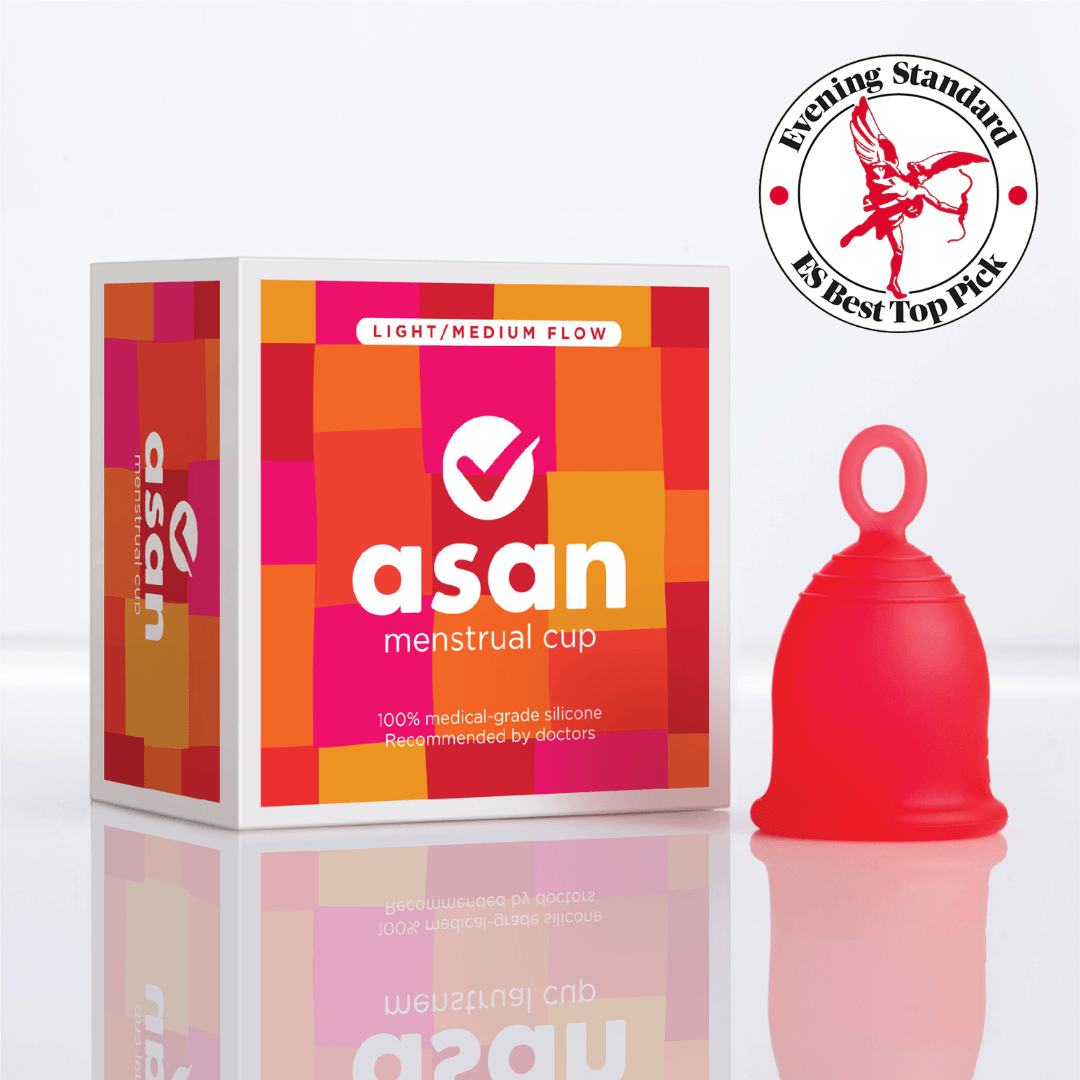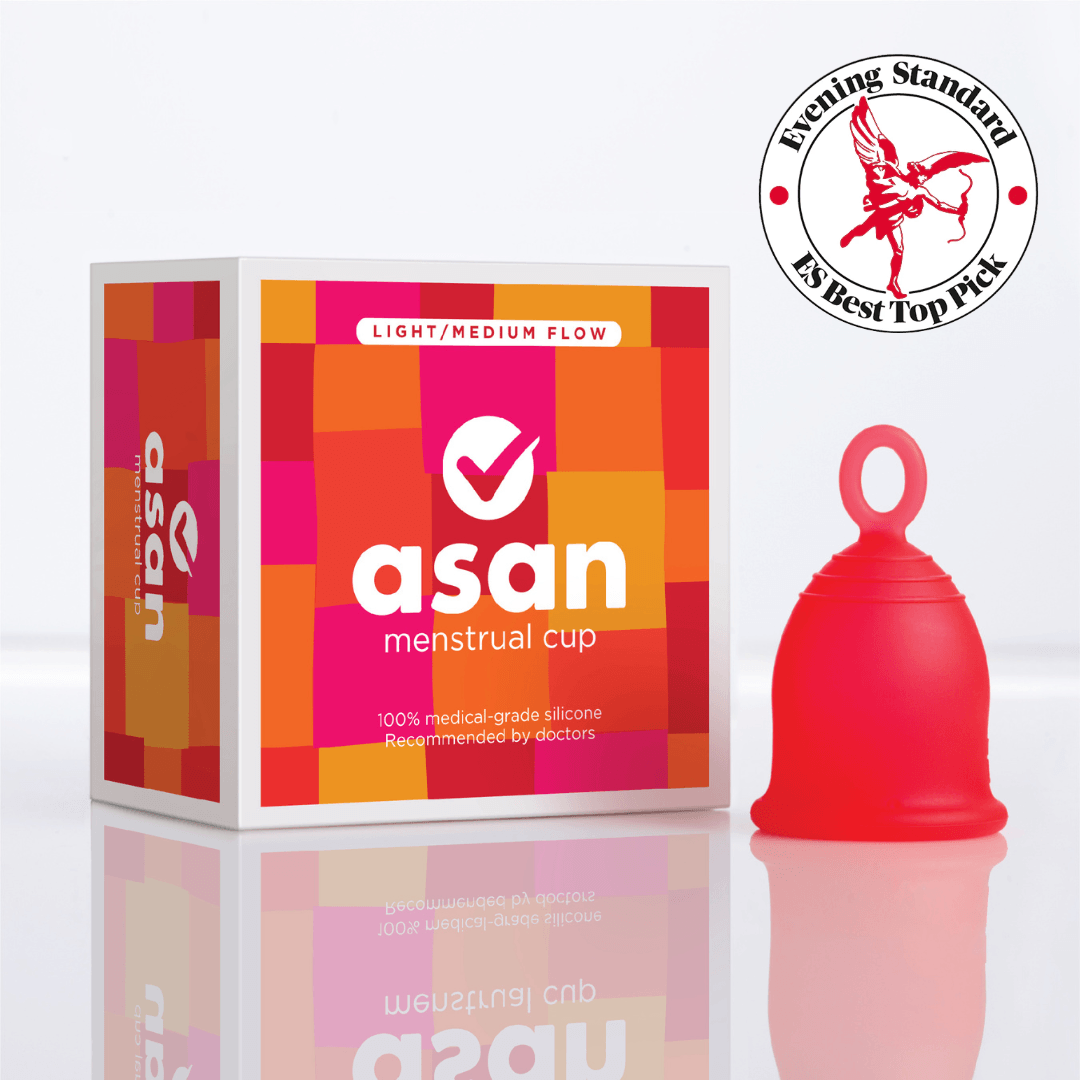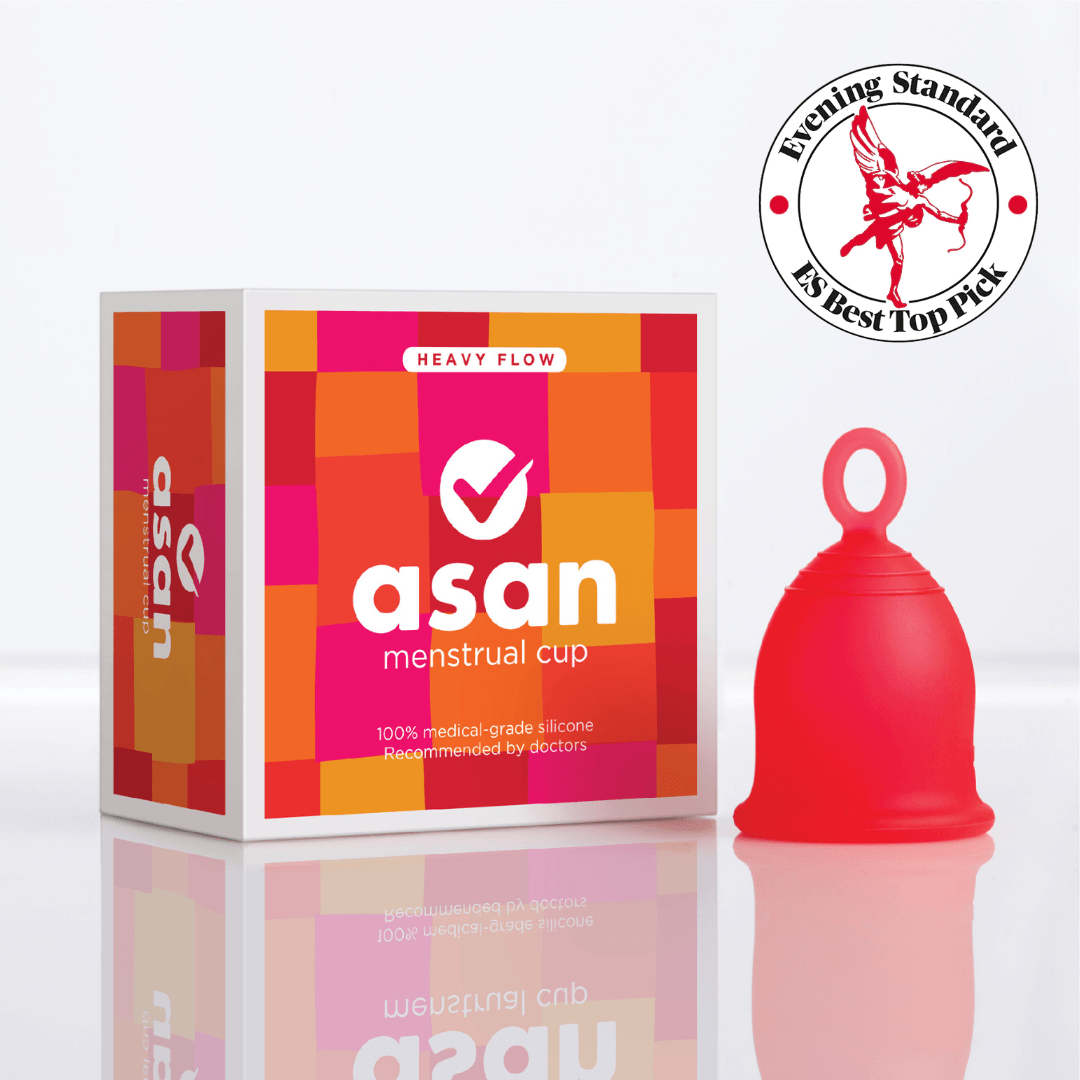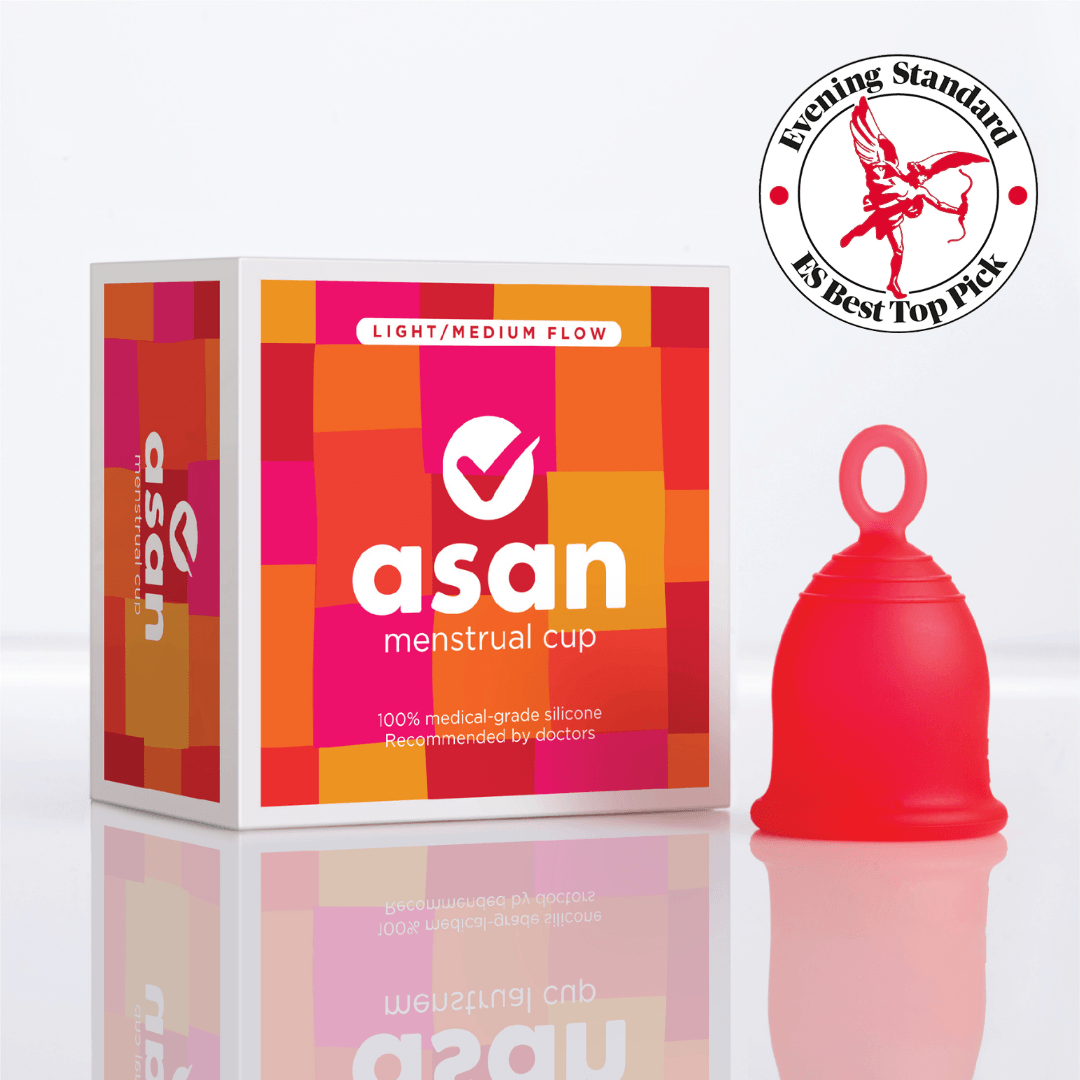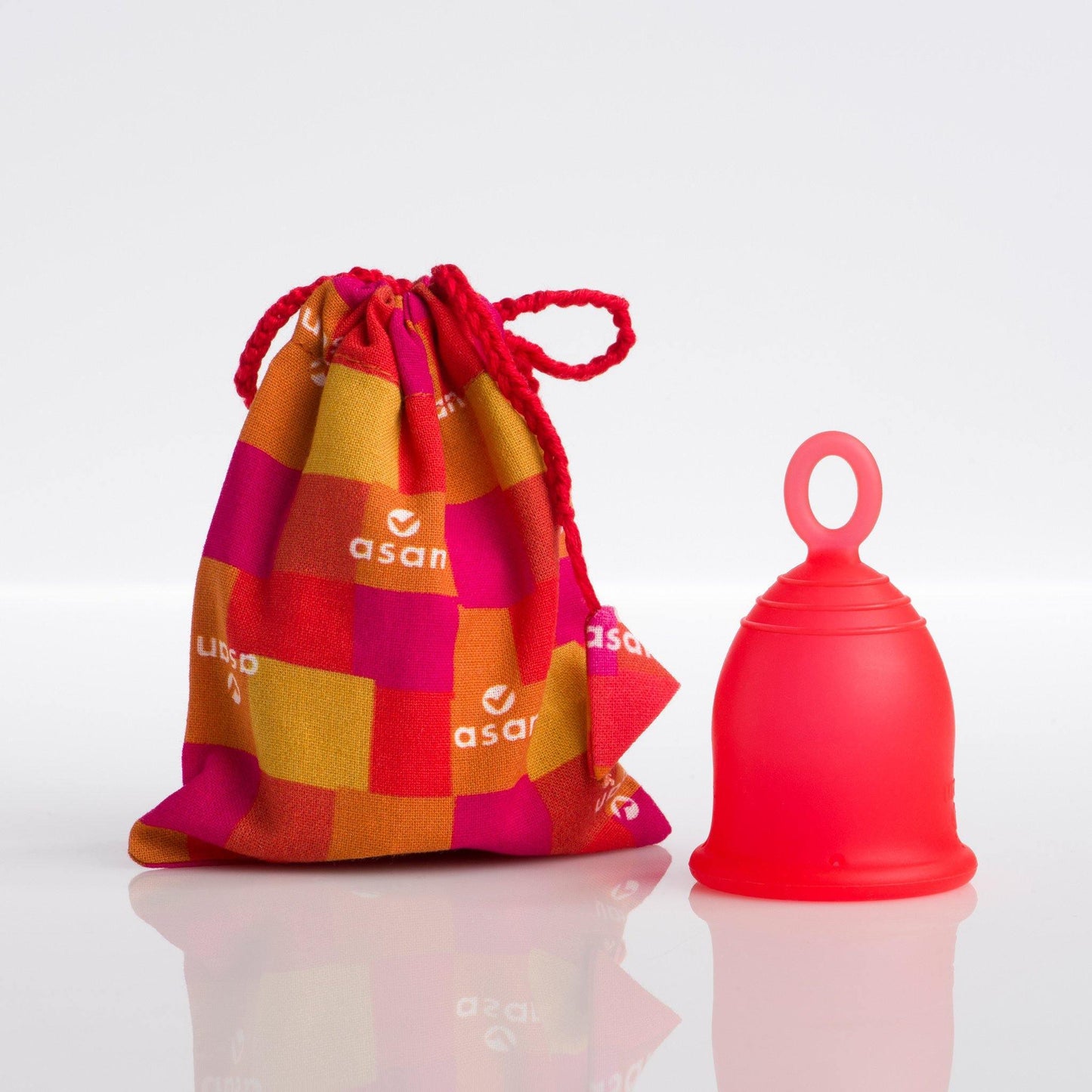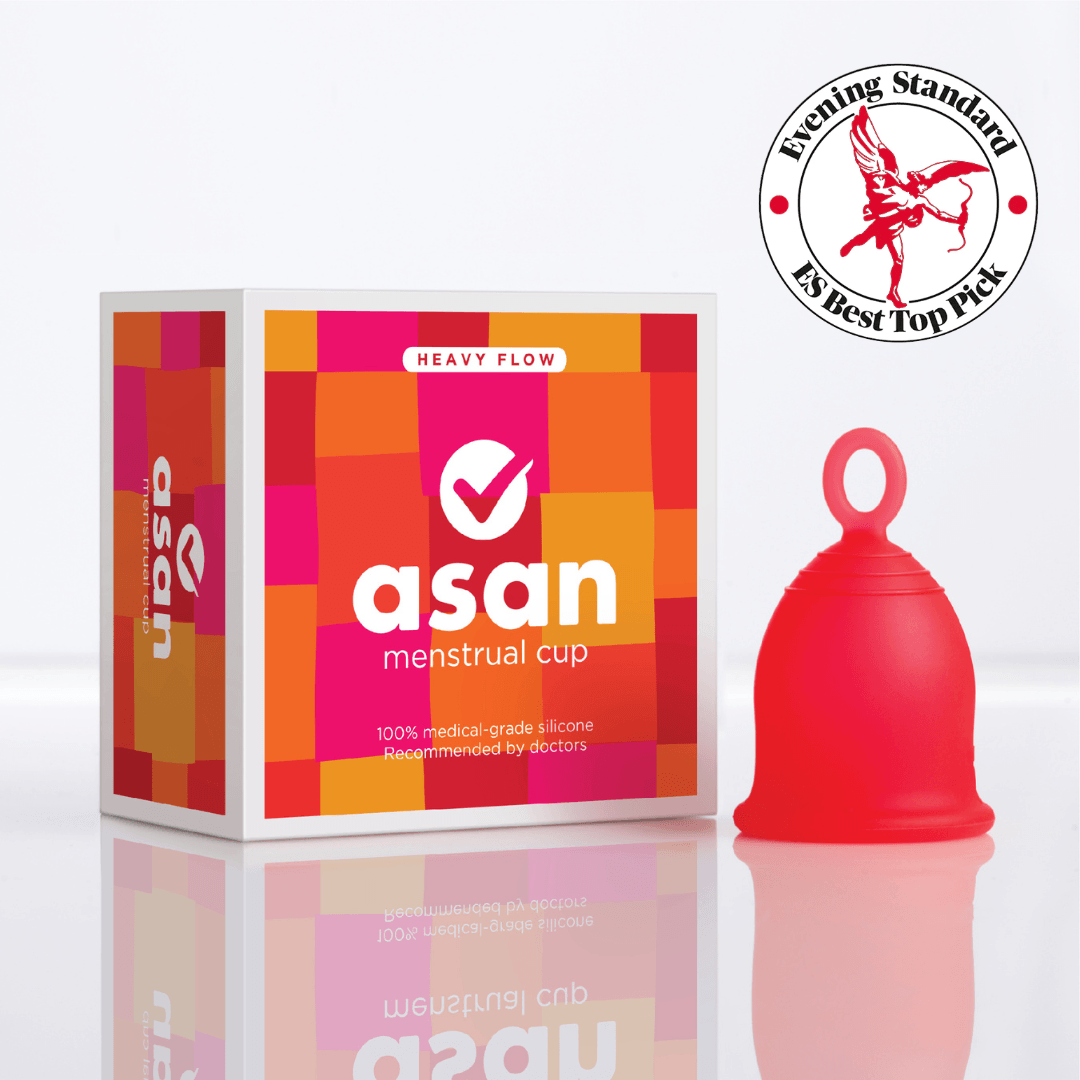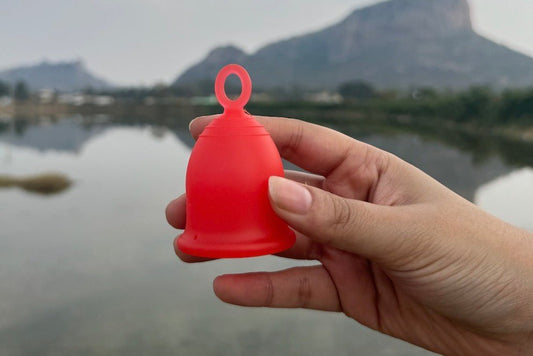 Did you know that the vagina is a self-cleansing organ? It is an amazing part of your body that manages itself by maintaining the PH level that helps fend off bacteria.
Did you know that the vagina is a self-cleansing organ? It is an amazing part of your body that manages itself by maintaining the PH level that helps fend off bacteria.
So you don’t need to douche or use any extra cleansing soaps to keep your vagina clean.
All you need to do is monitor any unusual symptoms that can pop up and might be signs of a vaginal infection.
In fact, many of us may have or will deal with vaginal infections at some point.
While this can be daunting, let’s start by saying vaginal infections are completely normal.
Our vaginal health is an important indicator of your overall reproductive health. So educating ourselves about what the different types of vaginal infections are is a step toward self-care and empowering ourselves about our bodies.
In this blog, we’ll talk about everything related to vaginal infections - the different types, the causes of various vaginal infections and how we can treat them.
what is a vaginal infection?
The vagina contains bacteria and yeast, which coexists to ensure a healthy and functioning vagina.
However, a vaginal infection can occur when your vaginal flora has an overgrowth of bacteria or yeast as a result of external factors.
It is quite common and most women will experience a vaginal infection once or multiple times in their lifetime.
Vaginal infections are likely to happen during the reproductive years, which are from your teens to your late 40s.
While some vaginal infections can be caused by any disturbances in the normal vaginal ecosystem, like douching or uncleanliness, and some could be transmitted during sexual intercourse.
Much like any infection in other parts of our bodies, a vaginal infection can prevent the organ from functioning properly and cause discomfort until it is cleared.
So it’s important to recognise any unusual symptoms and consult a doctor - so that you can get the care needed to clear the infection.
what are the main symptoms of a vaginal infection?
The most common symptoms of vaginal infections include a change in the colour and smell of vaginal discharge, accompanied by an itching and vaginal burning sensation.
A few other symptoms of different vaginal infections can include:
- Vaginal soreness
- Inflamed and swollen skin around the vagina
- Change in the amount of vaginal discharge
- Burning feeling while you’re peeing
- Vaginal bleeding
- Pain or discomfort during sexual intercourse
While any one of these symptoms indicate a vaginal infection and the need for medical attention, there are different types of vaginal infections which vary in their causes and symptoms. So let's learn more about that!
bacterial vaginosis
Bacterial vaginosis (commonly referred to as BV) happens when ‘bad’ bacteria, known as anaerobes, grows more quickly than ‘good’ bacteria (lactobacilli) in the vagina.
The symptoms of BV can include:
- Abnormal discharge which is grey or green
- Foul odor or fishy smell in vaginal discharge
- Burning and itchiness in the vaginal area
- Pain or discomfort in the vagina
 yeast infection
yeast infection
Yeast infections are caused by the overgrowth of yeast or a fungus called candida in the vagina.
This can happen due to a change in the hormonal balance or a weakened immune system.
The symptoms include:
- Intense vaginal and vulval itching
- Vaginal redness
- Soreness and burning sensation in the vagina
- Swelling in the vulva
- Vaginal discharge that is thick, white, and lumpy (similar texture to cottage cheese)
- Pain and discomfort while peeing and during sex
atrophic vaginitis
While atrophic vaginitis is not an infection, it can increase the chance of having vaginal infections as your vagina is weakened.
This condition happens after menopause and can occur due to a drop in oestrogen levels.
The symptoms of atrophic vaginitis include:
- Vaginal itching
- Burning
- Vaginal dryness
- Vaginal inflammation
- Experiencing reduced or no vaginal discharge
sexually transmitted infections
There are many vaginal infections which can happen through sexual activity that transfers sexually transmitted infections (STIs).
It’s important to be aware that STIs don’t just happen through penetrative intercourse, but can also spread through oral and anal sex.
Lets learn about the most common STIs that can cause vaginal infections.
gonorrhoea
Gonorrhoea is an STI that is caused by a bacteria called neisseria gonorrhoea .
Gonorrhoea is most commonly transmitted through vaginal, oral or anal sex with a person that is already infected with the condition.
It is often asymptomatic (meaning that you may not experience any symptoms at all), but for some people it can cause unusual changes in vaginal discharge, discomfort in the lower abdomen, and pain while urinating.
Depending on how gonorrhoea is transmitted (anal, oral or penetrative sex) it can also cause soreness in your rectum and throat.
chlamydia
Chlamydia is an STI caused by a bacteria called chlamydia trachomatis.
Similar to gonorrhoea, it is caused by having unprotected penetrative sex with someone who has already been infected by the disease. This STI can also be contracted by merely touching the genitals.
Chlamydia can even be transmitted from people who once had it and have successfully treated it.
The most common symptoms include pelvic pain, painful urination and vaginal bleeding.
If left untreated, chlamydia can cause infertility. So if you experience any of these symptoms, it’s important to consult a doctor immediately to prevent permanent damage to your reproductive health.
herpes
Herpes is caused by Type II Herpes Simplex Virus (HSV) , and can also be transmitted through all forms of sexual activity.
Some symptoms of herpes include:
- Sores and blisters in genital area
- Itching and burning sensations while peeing
- Pain during sex
- Flu
- Body aches
While there is no permanent cure for herpes, you can treat the symptoms, and prevent recurring outbreaks and transmission to partners.
trichomoniasis
Trichomoniasis is commonly known as ‘Trich’ and also falls under the category of an STI.
It’s a vaginal infection caused by the protozoan parasite called trichomonas vaginalis (a protozoan is a singular parasite that is usually bigger than bacteria).
Trich is quite a common, non-viral STI across the globe and most people that get it are asymptomatic.
Some symptoms of trichomoniasis include:
- Vaginal itching
- Fish-like odour in vaginal discharge
- Greenish-yellow, frothy discharge
- Swelling and inflammation in the vagina and vulva
- Pain during sex
- Stinging sensation during urination
- Abdominal pain
Some studies also suggest that it can also be contracted through shared bathwater. In rare cases, it can be transmitted by damp toilet seats, shared towels, or damp clothing.
 treatment and care
treatment and care
how can i treat a vaginal infection?
While the symptoms of vaginal infections can seem scary and overwhelming, don't worry! The good news is that there are treatment options for different types of vaginal infections.
The most important step to curing any vaginal infection is to identify the symptoms and consult a doctor or medical expert for treatment as soon as possible.
Treatment of vaginal infections depends on the type of infection and its causes. In most cases, you will be prescribed an antibiotic course which will clear out the infection.
If you notice any unusual symptoms in your vagina, please consult a doctor to seek advice about your specific condition.
 how can you avoid vaginal infections?
how can you avoid vaginal infections?
It could be quite a struggle to deal with vaginal infections as they can be irritating and highly uncomfortable. But there are a few tips that you can practise in your daily life to avoid them:
1) Regular medical check-ups
It is always important to have regular check-ups to understand the changes in your body as you grow and are exposed to new environments.
If you suspect any unusual changes in your discharge or vaginal health, see a doctor. This will help you get treatment and can save you from any complications.
2) Practise safe sex
Many vaginal infections occur through sexual activity. So make sure to practise safe sex using a condom - not just for penetrative sex but also during oral or anal sex.
Using a condom can significantly reduce your chances of getting any sexually transmitted disease which causes vaginal infections.
If you have multiple sexual partners, it is always good for you and your partner/s to get regular STI tests to ensure that you are not transmitting any STI’s.
3) Say no to douching and soaps
The vagina is a self-cleansing organ and any excessive cleaning with water or soaps can disturb the PH level, increasing the chances of infections.
 Gently clean your vagina with water regularly to prevent vaginal infections.
Gently clean your vagina with water regularly to prevent vaginal infections.
4) Take a full course of medication
If you have been prescribed antibiotics by a medical professional for a vaginal infection, it is super important to complete the full course of the medication.
This is because leaving the antibiotic course half-way can lead to the recurrence of the infection.
5) Maintain a healthy lifestyle
Drinking a lot of water and eating nutritious foods goes a long way in helping maintain the health of your vaginal flora.
Exercising and ensuring an overall healthy lifestyle will ensure that your immune system works well - reducing your chances of contracting a vaginal infection.
vaginal infections and period products
Certain period products can also increase the chance of getting a vaginal infection.
So let’s understand what the best period product is for your vaginal health.
can sanitary pads cause vaginal infections?
It’s important to change your sanitary pad every 6 hours as pads can cause vaginal infections if they are worn for too long.
Since they are worn externally, they are at higher risk of giving you an infection as the pad creates a warm, moist environment where bacteria can grow. If you don’t change your pad often, this can increase your chances of urinary tract infections (UTI) or vaginal infections.
It’s also important to note that many sanitary pads contain harmful chemicals and perfumes. If you are a pad user, make sure to opt for perfume-free pads.
 can tampons cause vaginal infections?
can tampons cause vaginal infections?
Yes, you can contract vaginal infections with tampons.
If you use a highly absorbent tampon and leave it in for too long, this can lead to the tampon absorbing all the good bacteria and disturbing your vaginal PH levels, causing an infection.
To prevent vaginal infections through tampons, ensure that you wash your hands before and after insertion. Use a less absorbent tampon and make sure to remove a tampon every 4-6 hours.
can menstrual cups cause vaginal infections?
Using a menstrual cup is a safer option for your vaginal health. This is because a menstrual cup doesn’t absorb your period flow, but instead collects it inside your vagina.
In fact, a recent study on bacteria vaginosis found that using a menstrual cup reduces your chances of getting this infection by 26%.
The most important thing to remember is that you need to sterilise the menstrual cup before using it every month in boiling water.
Sterilisation is a great disinfectant method and makes your cup 99% bacteria free.
Also make sure to wash your hands before and after inserting and removing your menstrual cup.
It’s always good to do your research about the quality of your menstrual cup when you’re buying one.
The Asan cup is made with Class VI medical grade silicone - which is the highest quality material available for menstrual cups. It is biocompatible and super safe for your body - so definitely a great choice to prevent vaginal infections through the use of period products.
 Now that you’re aware of the various vaginal infections and what can cause them, just remember that it is completely normal to get one!
Now that you’re aware of the various vaginal infections and what can cause them, just remember that it is completely normal to get one!
The important thing is to recognise any abnormal symptoms and consult a doctor as soon as possible.
 disclaimer
disclaimer
Asan has strict sourcing guidelines and draws information from healthcare institutions and peer-reviewed studies. This blog is written for informative purposes only. We do not offer medical advice or diagnosis. If you or someone you know is suffering from symptoms of vaginal infections, please consult a healthcare professional to seek advice.
